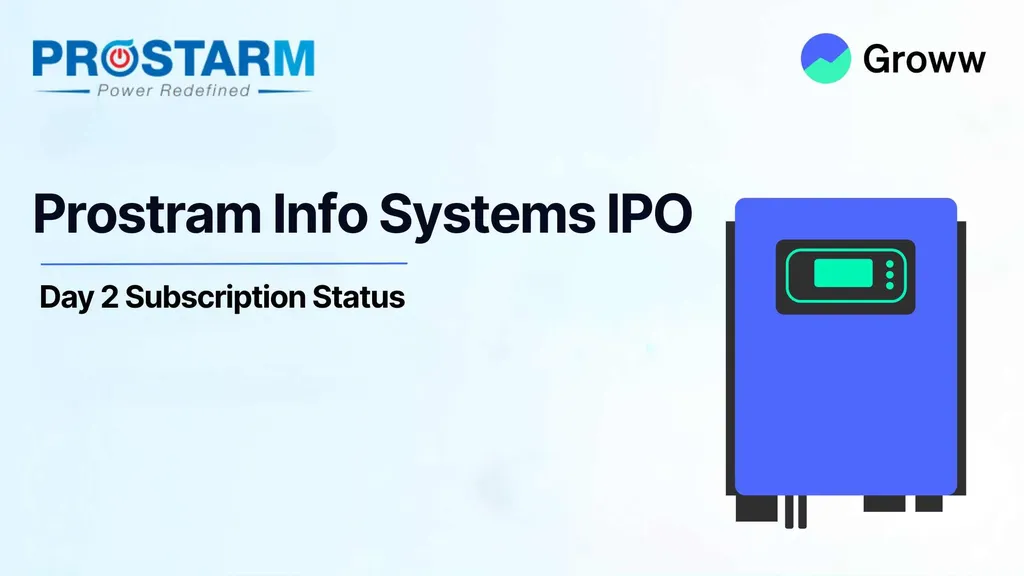Saudi Arabia’s transportation sector is undergoing a seismic shift, and the reverberations are opening doors for private investment on an unprecedented scale. At the heart of this transformation is Vision 2030, the Kingdom’s ambitious blueprint for economic diversification and global positioning as a logistics, tourism, and business hub. The transportation sector is not just a component of this vision—it’s the backbone, the lifeblood, and the catalyst for change.
Public-private partnerships (PPPs) are the engine driving this revolution. Minister of Transport and Logistic Services Saleh Al-Jasser has made it clear: private entities are expected to contribute around 80 percent of the targeted investments in the country’s transport and logistics sector, with projects valued at a staggering SR240 billion ($63.95 billion). This is not just an invitation; it’s a mandate for private players, both local and global, to step up and shape the future of Saudi Arabia’s transportation landscape.
Joseph Salem, partner and travel, transportation, and hospitality practice lead at Arthur D. Little, Middle East, puts it bluntly: “Privatization of key transport infrastructure, such as ports and airports, is creating new opportunities for private investment.” He points to the development and management of cargo terminals through PPP agreements as a prime example, where private efficiency and capital are not just welcome but essential. The construction and engineering sectors are also reaping the benefits, with megaprojects like the Riyadh Metro and Neom’s mobility network setting the stage for innovation and growth.
But it’s not just about the big-ticket items. Alessandro Tricamo, partner at Oliver Wyman’s transportation and services practice for India, the Middle East, and Africa, emphasizes the importance of selecting the right assets to attract investors. “Globally, asset classes such as airports and seaports are typically considered bankable, with the potential to generate strong returns and attract private investment,” he says. However, he cautions that railways and public transport systems often require structured support from the government to become commercially viable. This is where the rubber meets the road—literally. The Kingdom must refine how these projects are structured and presented to the private sector to align expectations with market realities.
The logistics infrastructure is expanding at a breakneck pace. According to a report by the General Authority for Statistics, the number of logistics facilities in the country has increased by 267 percent since 2021, with the Eastern Province leading the charge. Private companies are seizing opportunities in trucking, warehousing, freight forwarding, and e-commerce delivery services. Technology firms are also entering the market, offering solutions in AI, electric vehicles, and autonomous transport. Salem notes, “Overall, the transportation revolution in Saudi Arabia is creating a more diversified and competitive business environment. Private sector involvement is key to realizing the Kingdom’s ambitious Vision 2030 goals.”
Transportation is not just about mobility; it’s about creating links between economic zones, facilitating trade, drawing investment, enhancing quality of life, and boosting tourism. Anthoine Barthes, vice president of Al-Futtaim Automotive, underscores this point: “A key objective is for Saudi Arabia to become a global logistics hub, and this requires state-of-the-art ports, efficient rail networks, extensive road infrastructure, and modern airports capable of handling significant cargo and passenger volumes.” The Riyadh Metro, with its six lines spanning 176 km, is a testament to the Kingdom’s progress in developing effective public transport systems. These efforts, alongside continuous improvements to road infrastructure and the integration of smart city mobility solutions, are crucial for enhancing the quality of life, mitigating urban congestion, and fostering sustainable urban growth.
Efficient logistics and supply chain management are fundamental to sustained economic development. Tricamo underscores this: “A well-connected transport network that links urban and industrial centers and facilitates the smooth movement of goods and people is a key enabler of the Kingdom’s broader economic ambitions. It directly impacts the reliability, speed, and cost-effectiveness of supply chains.” Salem believes that infrastructure modernization and the integration of advanced technologies are strengthening the Kingdom’s global supply chain footprint. He points to Saudi Arabia’s rise in the World Bank’s Logistics Performance Index, climbing 17 spots to rank 38th globally in 2023. “Vision 2030 also focuses on expanding multi-modal freight capacity. The rail network will grow from 3,650 km to 8,000 km, enhancing logistics. Air cargo capacity is set to increase to over 4.5 million tonnes annually by 2030, while Saudi ports will handle up to 40 million TEUs,” he says. These efforts are expected to reduce logistics costs, improve reliability, and grow the sector to $57 billion by 203

